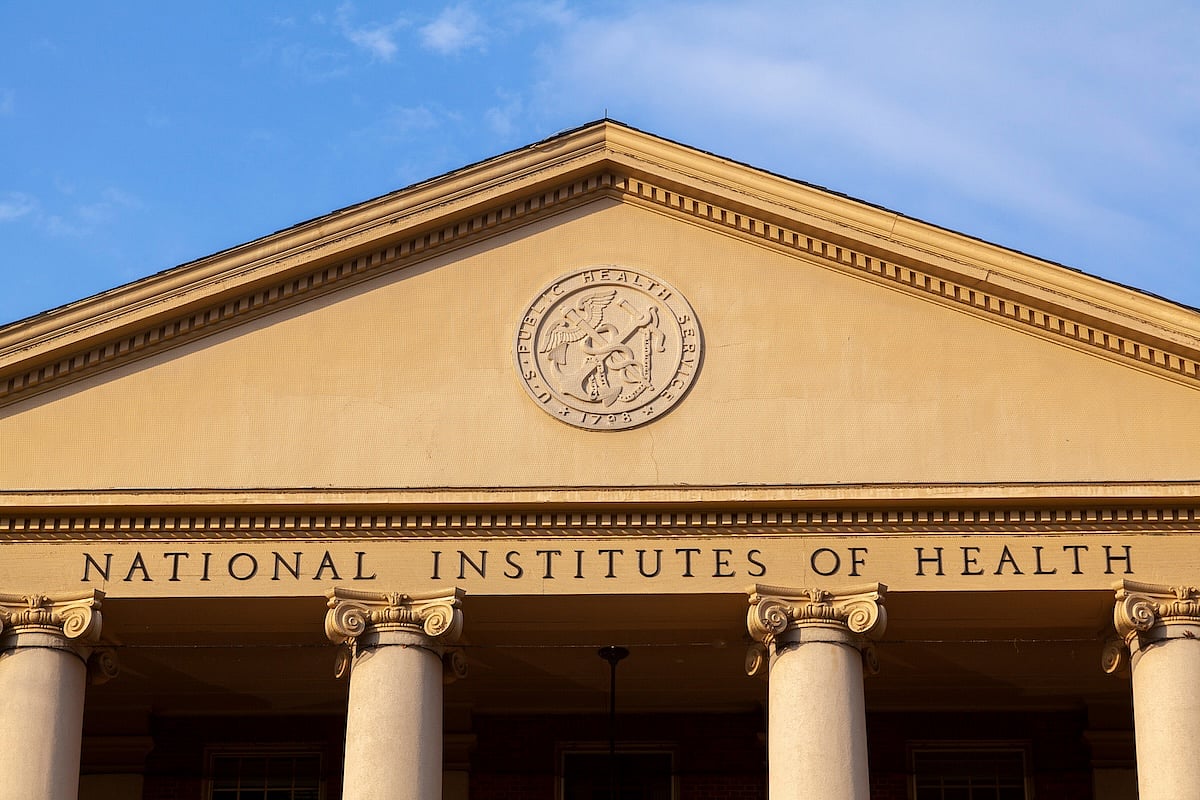By I. Edwards HealthDay Reporter
THURSDAY, May 1, 2025 (HealthDay News) — A well-known U.S. science journal focused on environmental health has stopped accepting new studies, raising alarms among researchers who rely on it heavily.
Environmental Health Perspectives (EHP), a journal funded by the National Institutes of Health (NIH), announced that it would pause new submissions due to concerns over federal funding cuts, The New York Times reported.
The journal, which has been around for more than 50 years, publishes research on how environmental toxins like air pollution and “forever chemicals” affect human health.
It has always been free to read, and the federal funding has enabled authors to publish without charge.
Joel Kaufman, the top editor at EHP, said the pause owed to a “lack of confidence” that contracts needed to keep the journal running — including for copy-editing and editorial software — would be renewed. He didn’t comment on the journal’s future.
“If the journal is indeed lost, it is a huge loss,” Jonathan Levy, chair of environmental health at Boston University, told The Times. “It’s reducing the ability for people to have good information that can be used to make good decisions.”
EHP is among several journals facing threats under the proposed budget for the U.S. Department of Health and Human Services (HHS). The draft budget suggests cutting support for two other free journals from the U.S. Centers for Disease Control and Prevention (CDC): Emerging Infectious Diseases and Preventing Chronic Disease.
These journals are key sources of health research. Emerging Infectious Diseases has helped scientists stay on top of global threats like mpox and Marburg virus.
The news “is very disheartening,” virologist Jason Kindrachuk of the University of Manitoba, told The Times.
The pause dovetails with broader tensions between the federal government and the scientific publishing space.
In recent months, some journals have received letters from federal officials questioning their ethics.
Still, researchers say cutting support for journals like EHP goes against the Trump administration’s stated goal of studying chronic disease.
It was among the first “open access” journals, allowing anyone to read its articles for free.
And unlike many journals that charge high publication fees, EHP’s government funding made it possible for researchers at small universities to share their work, The Times reported.
“There are multiple layers of irony here,” Levy said.
More information
The Annals of the Royal College of Surgeons of England has more about the role of journals.
SOURCE: The New York Times, April 29, 2025
Copyright © 2025 HealthDay. All rights reserved.








